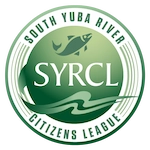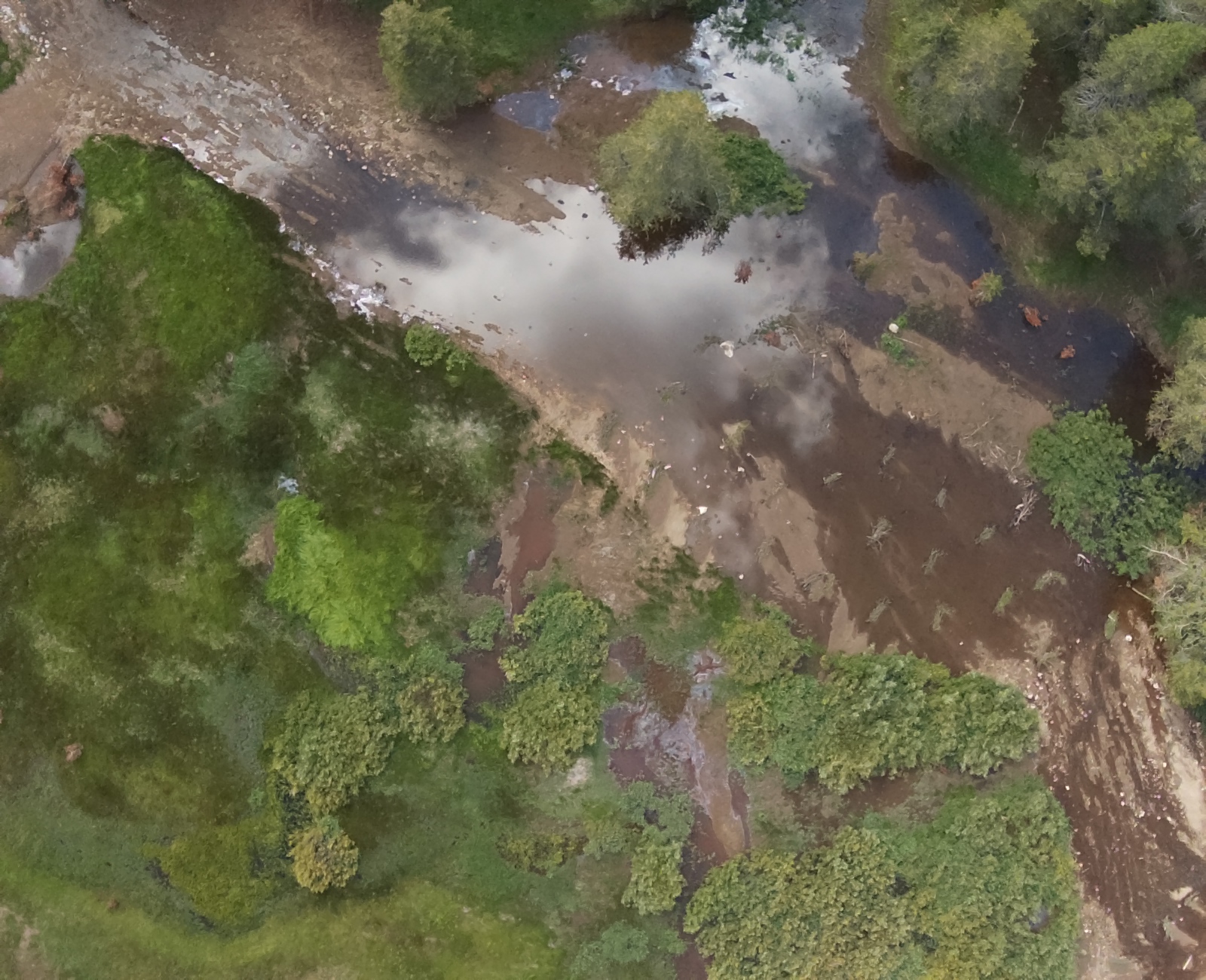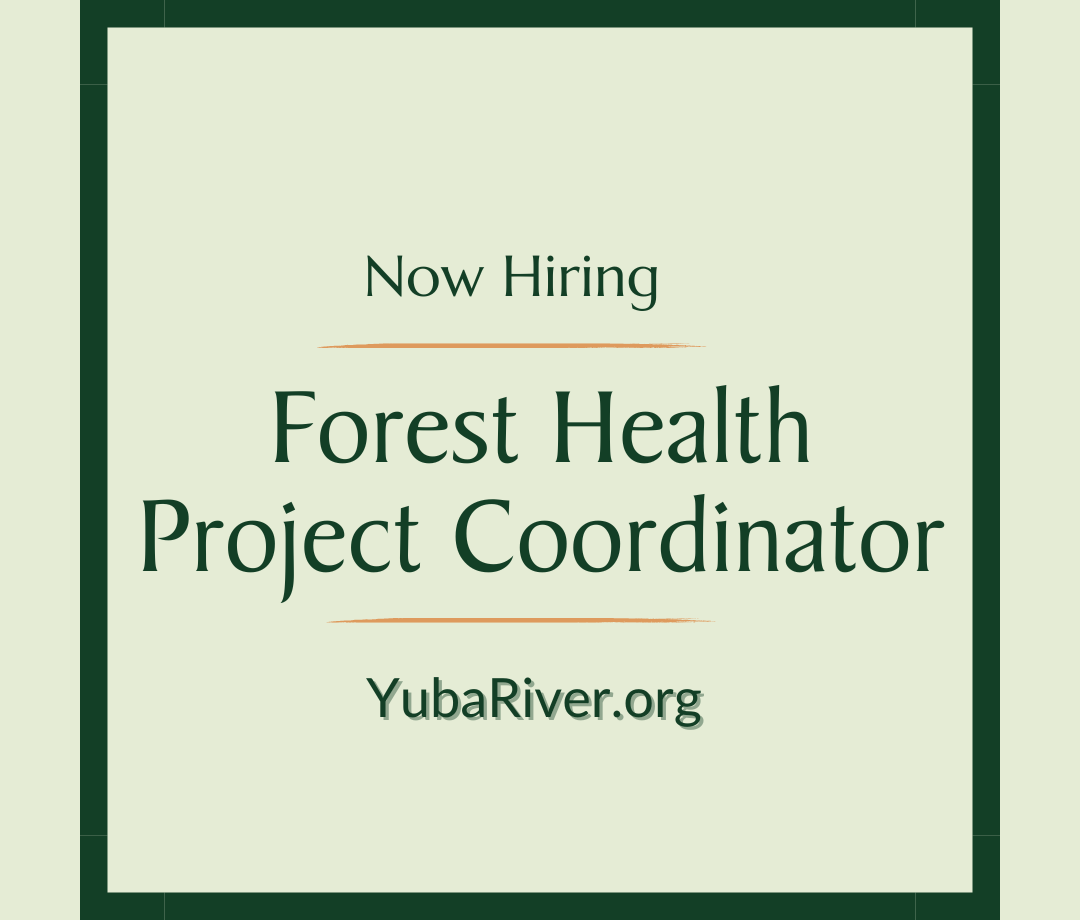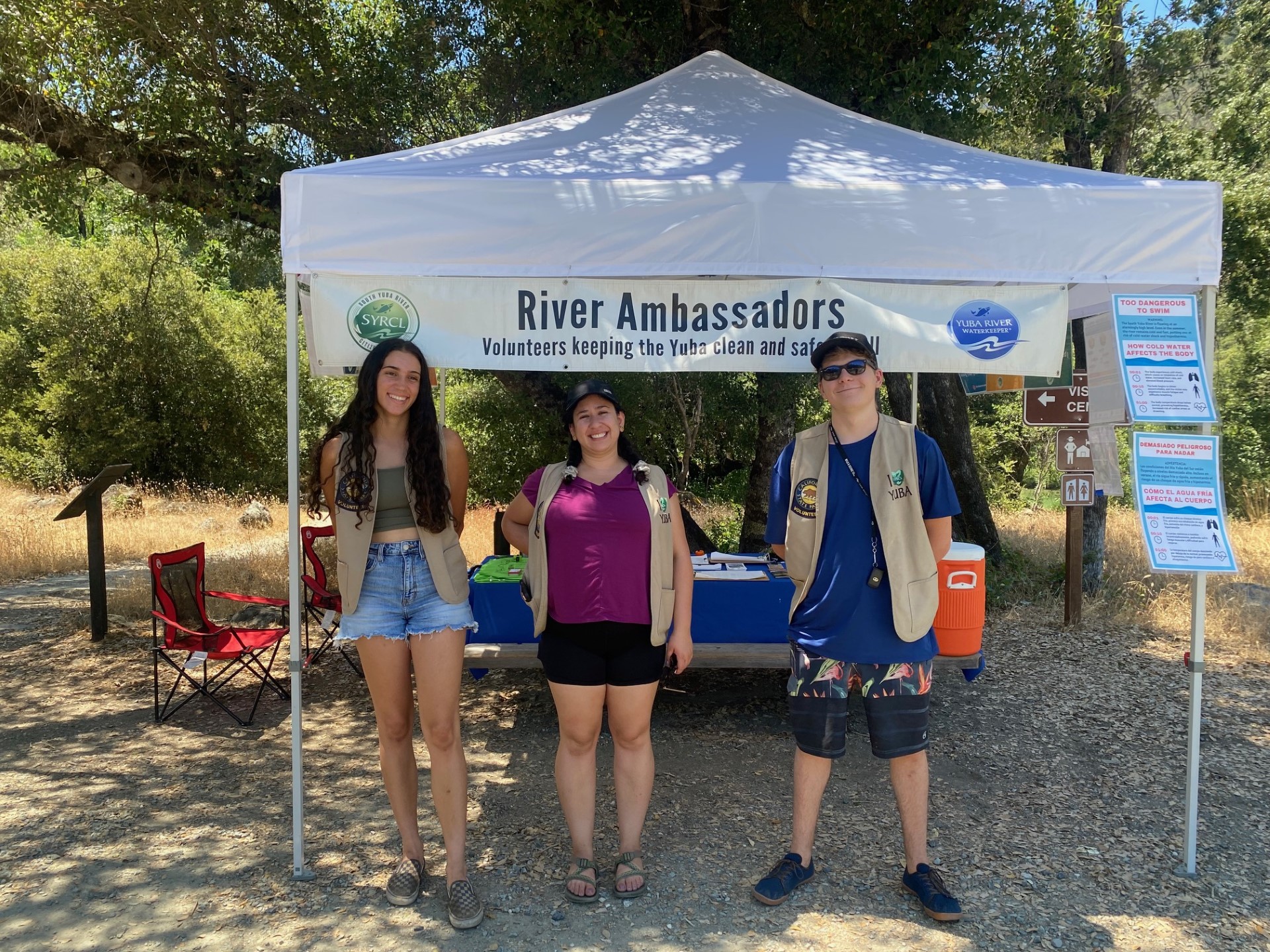Protecting Watersheds and Preventing Catastrophic Wildfire: Yuba I Forest Resilience Bond Returns Investor Capital, Driving Successful Restoration Efforts on the Tahoe National Forest
Blue Forest, a conservation finance non-profit, in partnership with World Resources Institute (WRI), USDA Forest Service (USFS), and National Forest Foundation (NFF), announced the successful completion of its pilot Forest Resilience Bond (FRB), marking five years since the project launched. In a conservation finance industry milestone, the Yuba I FRB returned all investor capital in line with expectations, financing restoration efforts on a 15,000 acre planning area on the Tahoe National Forest, which reduced the risk of catastrophic wildfire. As climate leaders gather today at COP28 to discuss how to finance the change the world needs, this milestone exemplifies how investments in nature can successfully accelerate solutions, benefit public lands and return capital.
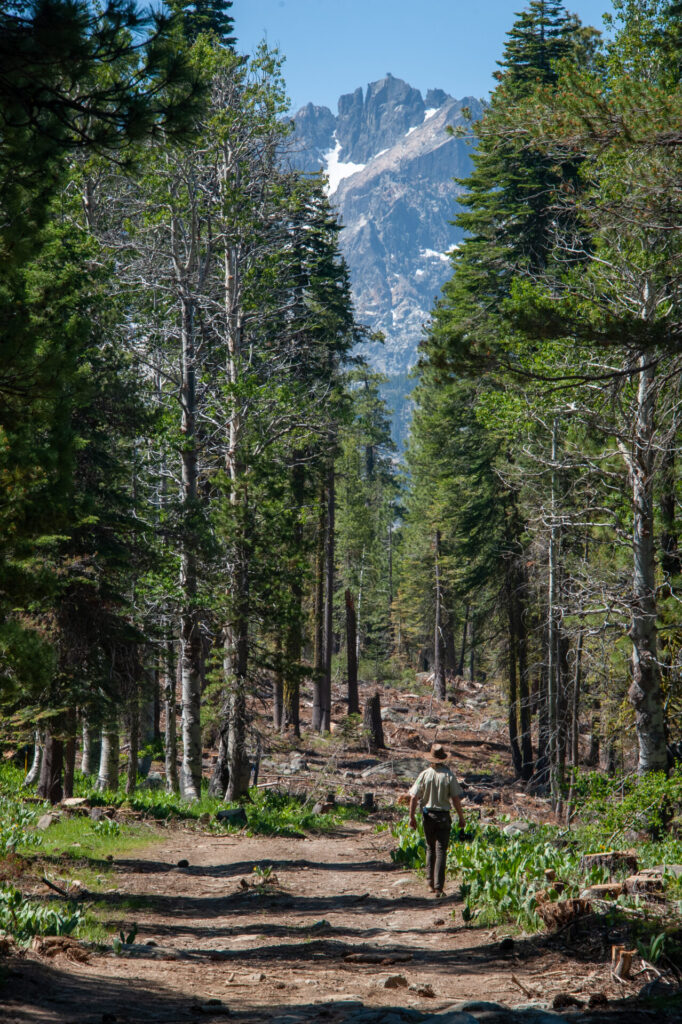
The FRB, co-developed by Blue Forest, WRI, USFS, and NFF, is an innovative financing mechanism that taps into private capital to finance forest restoration projects on public lands to protect communities, ecosystem benefits, and rural livelihoods. The implementation of the upfront capital provided by the FRB allows for financial flexibility to accelerate the pace and scale of restoration treatments, as well as the increased ability to hire local contractors, supporting the local economy.
Capital deployed through the Yuba I FRB will result in:
- Over 51,600 acre-feet water supply protected in the Yuba watershed
- 51,000 MT Co2e of avoided wildfire carbon emissions1
- Completion in five years, instead of the projected ten to twelve years
- Reduced risk of catastrophic wildfire in and around the project area, with reduction in acres experiencing long (>6 ft) flame lengths from 3,771 to zero
- 68,000 tons of biomass utilization
- Over 70,000 MWh of renewable energy generated by biomass and hydropower protection
- 70 jobs supported and sustained
Todd Gartner, Cities4Forests and US Lands Director at WRI, states that “The Yuba I FRB was successful due to the compelling business case for all involved. Investors received an acceptable return, utility infrastructure risk was cost-effectively reduced, and the U.S. Forest Service accomplished its land management goals, bigger, better, and faster.”
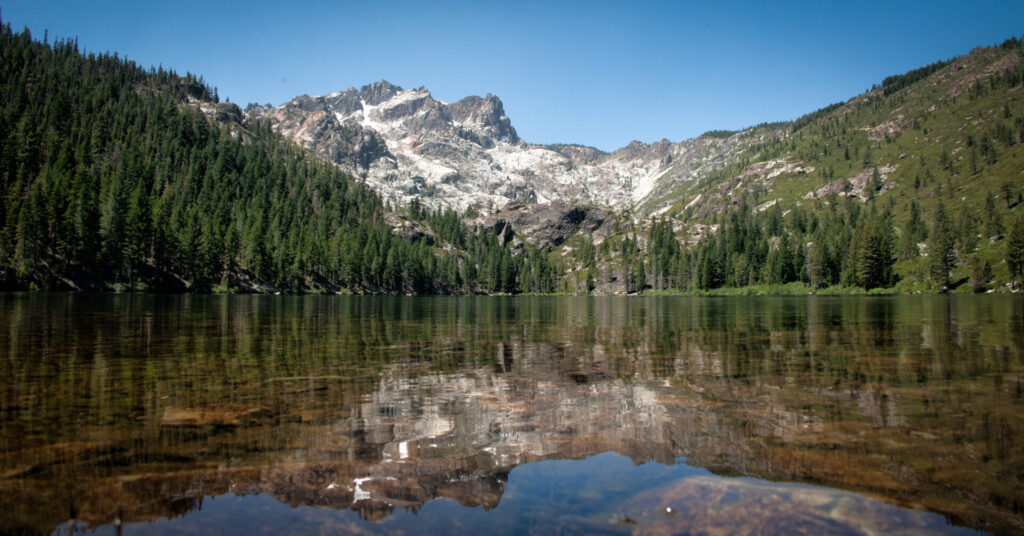
Yuba I raised $4 million to finance ecological restoration treatment and prevention of catastrophic wildfire, demonstrating the opportunity for environmental impact bonds as well as the impact of blended financial models. The funding consisted of both concessionary capital from the Gordon & Betty Moore Foundation and the Zero Gap Fund, an impact investing collaboration between The Rockefeller Foundation and the John D. and Catherine T. MacArthur Foundation, and market-rate capital from CSAA Insurance Group and Calvert Impact Capital. Planning was completed by USFS, who chose the NFF to manage the implementation of restoration activities on the Tahoe National Forest. FRB project funding was supported by the California Climate Investment Program grant funds awarded by the California Department of Forestry and Fire Protection, and beneficiary financial participation from the Yuba Water Agency and the USFS as a result of the water security and wildfire risk reduction benefits the project provides.
“Wildfires in the U.S. are surging in frequency and severity, a result of past fire suppression policies coupled with a changing climate,” said Maria Kozloski, Senior Vice President of Innovative Finance at The Rockefeller Foundation. “The Forest Resilience Bond’s success underscores the necessity of scaling finance models for ecosystem restoration to mitigate wildfire risks.”
The successful launch of the Yuba I FRB laid the groundwork for the formation of the North Yuba Forest Partnership in 2019, a collaborative focused on forest restoration across 275,000 acres of public and private lands in Northern California, including the $25 million, 50,000 acre Yuba II FRB launched in 2021. This partnership has attracted over $150 million in funding to continue forest restoration work in the North Yuba watershed.

“Given all the threats to National Forests, we need to speed up our work to stay ahead of the next crisis,” said Marcus Selig, Chief Conservation Officer at the National Forest Foundation. “Historically, having necessary funding at the ready has been challenging. The partnership with Blue Forest has provided the cash flow we need so we can proactively improve our National Forests.”
Watch the story behind the Yuba FRBs – “Fire and Forestry: Scaling Restoration Efforts to Protect a Watershed“
The growth of FRBs across the Western United States, based on the success of the Yuba I FRB and promising progress from the Yuba II FRB, has continued through the FRB Catalyst Facility, a pooled investment vehicle that finances high-impact ecological restoration projects with revolving loans, including the 79,000 acre Rogue Valley I FRB.
“There is immense opportunity for finance to continue to play a role in significantly advancing ecosystem restoration. At Blue Forest we’re excited to be leveraging the success of the Yuba I FRB in order to continue to deploy financing solutions across the West to enhance environmental resiliency and reduce the risk catastrophic wildfires,” said Zach Knight, CEO of Blue Forest
About Blue Forest
Blue Forest is a conservation finance nonprofit focused on forest restoration. Since 2018, Blue Forest has managed investor capital through its flagship financial product, the Forest Resilience Bond, which deploys private capital to finance forest restoration projects on private and public lands to reduce the risk of catastrophic wildfire. More recently, Blue Forest has also established Blue Forest Asset Management (BFAM), an investment management platform connecting investors to compelling, mission-aligned opportunities in a broader set of asset classes beyond FRB projects, such as private equity and private credit investments.
About WRI
World Resources Institute (WRI) is a global research organization with offices in Brazil, China, Colombia, India, Indonesia, Mexico and the United States, and regional offices for Africa and Europe. Our over 1,700 staff work with partners to develop practical solutions that improve people’s lives and ensure nature can thrive. Learn more: WRI.org and on Twitter @WorldResources.
Did you enjoy this post?
Get new SYRCL articles delivered to your inbox by subscribing to our ENews.
